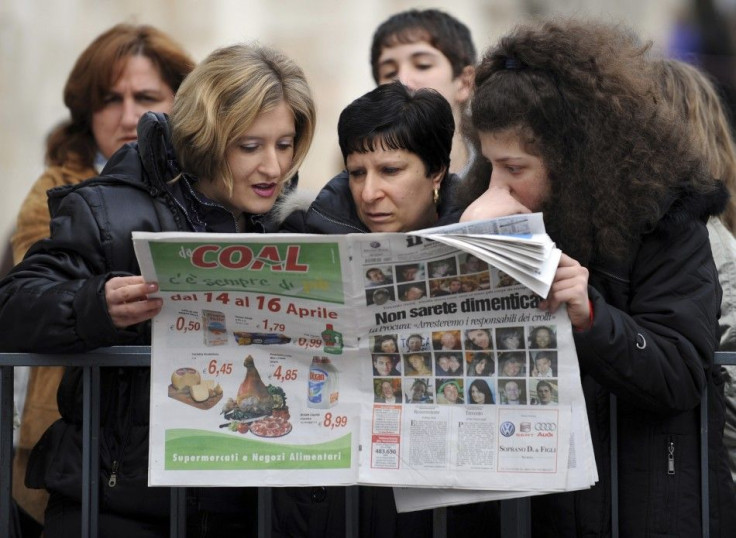Japanese fury at sensationalist foreign reporting of earthquake

Some Japanese are outraged by the alarmist tone and sensationalistic reporting of the earthquake-tsunami tragedy by foreign media. Some media sources have just plain printed factual errors.
This kind of fear-mongering adds to the international panic about the potential for radiation leaking into the atmosphere from the quake-stricken Fukushima nuclear complex in northeastern Japan.
For example, Fox News in the United States warned that if another severe earthquake were to hit the Tokyo area, residents should flee in the event of a meltdown at the “Shibuya Eggman nuclear reactor – Shibuya Eggman is actually a concert hall in Tokyo.
The British tabloid The Sun (the nation’s top selling newspaper with a circulation of almost 3-million) had a huge headline about Fukushima which screamed Get out of Tokyo Now!
On the JPquake website irate residents have created a journalist wall of shame which consists of news reports from foreign print and broadcast media which have exaggerations, distortions or outright lies in their text about the earthquake and its aftermath.
There are about 70 articles on the site now.
In an article in Japan Times, an online English-language newspaper, a British journalist, defended foreign media, while at the same time saying that Japanese media has been too timid in covering the nuclear crisis.
Undoubtedly, it's not in anyone's interest to see exaggerated reporting during a situation of this severity, where the cost of public panic is so high. But that same severity should also not forgive a lack of vigilance, said Leo Lewis of The Times of London, a former Tokyo correspondent who has returned to Japan to cover the quake.
I think it's clear that in certain matters, including nuclear safety, the Japanese public has not always been well-served by its domestic media. It is a very fine balance. But if the price paid for having a vigilant media is occasional bursts of sensationalism, I'd probably take that over a more acquiescent press whose worst failure is the dereliction of its fourth estate duties.”
In that same report, Keiko Kanai, an associate professor of journalism and mass media at Kinki University in Osaka, also points out that Japanese residents are skeptical of their media.
Japanese media coverage seems to have led readers and viewers to be extremely skeptical of the degree of reliability of reported information, Kanai said. This is because Japan's media almost solely depend on the prime minister's office and TEPCO [the Fukushima plant's operator] for information, because it's likely TEPCO hasn't revealed everything they know, and because the Japanese media has been playing down the gravity of the situation because they don't want to fan people's fears. This is why they keep repeating the phrase 'no harm to one's health' over and over.”
A writer on the blog GenkiEnglish.net pointed to the contrast between the restrained Japanese media and the sensationalistic foreign media.
“Whilst Japanese news was giving out information about what areas were affected by what size waves, the BBC [TV] was giving voice-overs like ‘death approaches by the sea,’” he wrote.
“They reshowed the footage of Sendai from when the quake hit but this time with voice-overs like ‘blinded with panic not knowing where to turn.’ Well, no. That’s not what was happening. When a quake hits you look around, you see what’s happening. When it goes on longer your heart starts beating and you wonder if the building will indeed stand up to the shaking. But you don’t panic. And the people on TV weren’t panicking, contrary to what the English speaking reporters were making up.”
The blog writer added: We know why they do it, to sell newspapers or these days to have the dramatic headline to the get the internet click. But they have crossed the line somewhere here. This is the first time I’ve seen the original language reporting on an event and then how the English language media report it and they are just getting so many facts wrong, purposely mis-translating the Japanese and reframing the story to their mind set to sell more copy.”
© Copyright IBTimes 2024. All rights reserved.





















